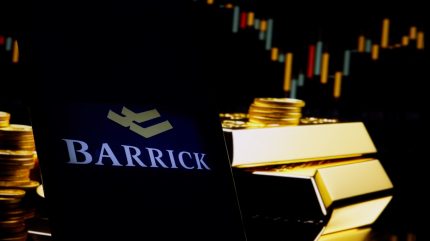
Barrick Mining has sought intervention from the World Bank’s arbitration tribunal amid a legal dispute in Mali, where its Loulo-Gounkoto gold mine risks falling under government control.
The Canadian miner’s request for “provisional measures” comes as a local court in Mali is set to decide on the government’s bid to place the mine under provisional administration on 2 June 2025, according to a Reuters report.

Discover B2B Marketing That Performs
Combine business intelligence and editorial excellence to reach engaged professionals across 36 leading media platforms.
The dispute escalated after Mali seized three tonnes of gold from Barrick’s mine in January over alleged non-payment of taxes – a claim Barrick contests.
The company has now turned to the International Centre for Settlement of Investment Disputes (ICSID), seeking to prevent further actions by the Malian government that could worsen the situation.
“Provisional measures” refer to Barrick’s plea for an order that would stop the Mali government from taking steps such as appointing an administrator for the mine, explained Timothy Foden of Boies Schiller Flexner.
Barrick and Mali’s Mines Ministry have not responded to queries regarding the ongoing legal proceedings.

US Tariffs are shifting - will you react or anticipate?
Don’t let policy changes catch you off guard. Stay proactive with real-time data and expert analysis.
By GlobalDataMali, the third-largest gold producer in Africa, has enacted a new mining code and is asserting more control over its mines, which are predominantly operated by Western companies.
The military-led government is intent on increasing mining revenues, deeming current agreements inequitable, and has demanded compliance from foreign mining companies.
While most have complied with the government’s demands, Barrick has stood firm, citing over two decades of substantial investment in Mali’s economy.
The company has accused the government of shifting demands and unfairly targeting its executives.
The conflict has led to the shutdown of Barrick’s Bamako corporate office and the dismissal of workers by the mine’s contractors.
An official familiar with the Mali government’s stance stated that the matter is a domestic tax issue and does not warrant international arbitration.





